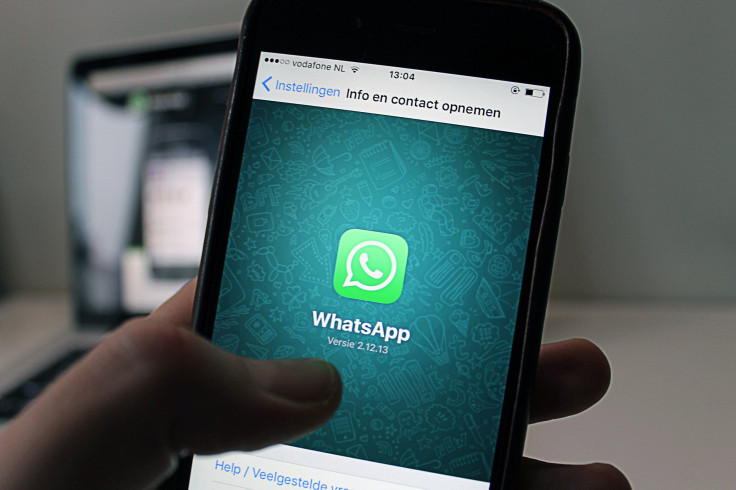Where is WhatsApp Blocked? China Shuts Down Messaging App

WhatsApp, a popular messaging app owned by Facebook, had its services disrupted in China this week as part of a government crackdown on the internet, the New York Times reported.
Users of WhatsApp living in the country experienced a partial block implemented by the Chinese government. Most Chinese users were unable to send videos or photos through the app, and some were unable to even send text messages.
Read: WhatsApp Blocked For 72 Hours In Brazil After Court Rules Facebook Failed To Provide Data
The blocking of WhatsApp marks the latest of Facebook’s products to be subjected to China’s “Great Firewall”—the country’s governmental control over the internet. The social network and its photo sharing service Instagram have also been completely blocked within the country.
WhatsApp was apparently caught in the crossfire of a recent tightening of controls online controls by Chinese leadership in Beijing. The latest crackdown has targeted politics and news sites and services and may be spurned by a new cybersecurity law that took effect last month.
Along with WhatsApp, websites hosting foreign televisions shows were hit by the recent internet blockage. Videos were taken offline and tools uses to get around the censors, such as virtual private networks (VPNs), have been disrupted as well.
The government also chastised Tencent, a China-based technology company and owner of a number of video game subsidiaries including Riot Games and Epic Games, for creating games that are too addictive.
Read: WhatsApp In London: UK Officials Call For Encryption Backdoor After Westminster Attack
The blocks against WhatsApp are of particular concern as it limits the ability of people to communicate, both within the country and to users around the world.
Such blocks can sometimes to circumvented by VPNs or proxies that make it appear as though a user is in a location outside of the block, but China’s crackdown on those services increases the difficulty of using the app.
Earlier this year, China passed a new rule that required all virtual private networks operating within the country to register with the government. The government would then have the ability to approve or deny the use of each product. As a result, many VPNs have been blocked or removed from app stores within the country.
The rules, issued by China's Ministry of Industry and Information Technology, require all special cable connections and VPNs used on the mainland to be granted government approval before use. The “clean up” program will allow the government to ban VPNs that don’t comply starting in 2018.
The blocks in the country are hardly new. The Chinese government has blocked 172 of the top 1,000 most visited websites in the world according to rankings from Alexa, including Google, Facebook, Twitter and YouTube.
WhatsApp is no stranger to censorship itself. The messaging app has experienced shut downs in several countries in recent years, including a 72-hour long block in Brazil that occurred after Facebook declined to hand over data requested by Brazilian law enforcement.
© Copyright IBTimes 2024. All rights reserved.





















